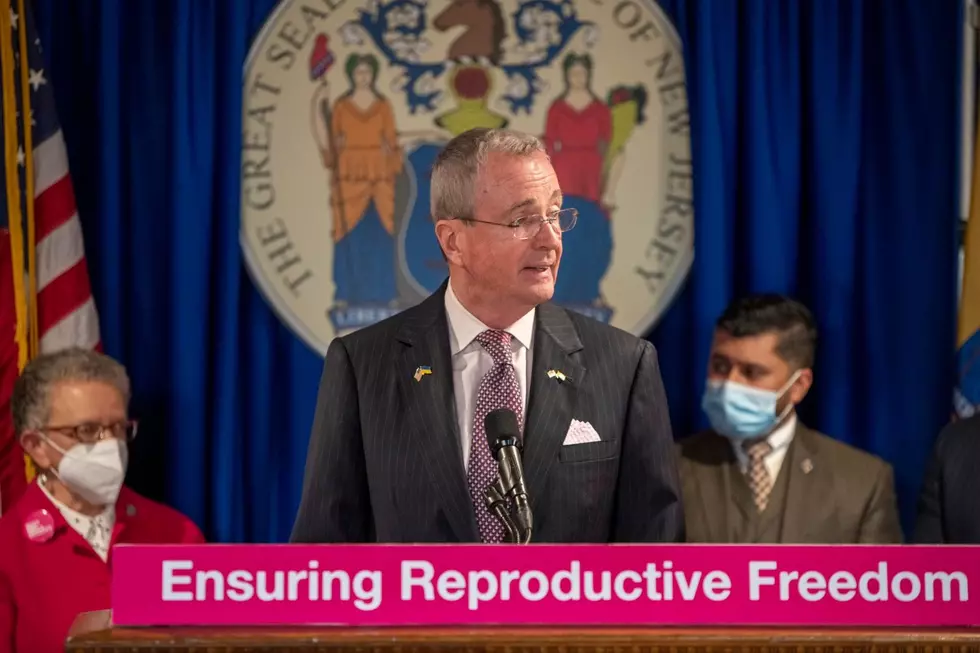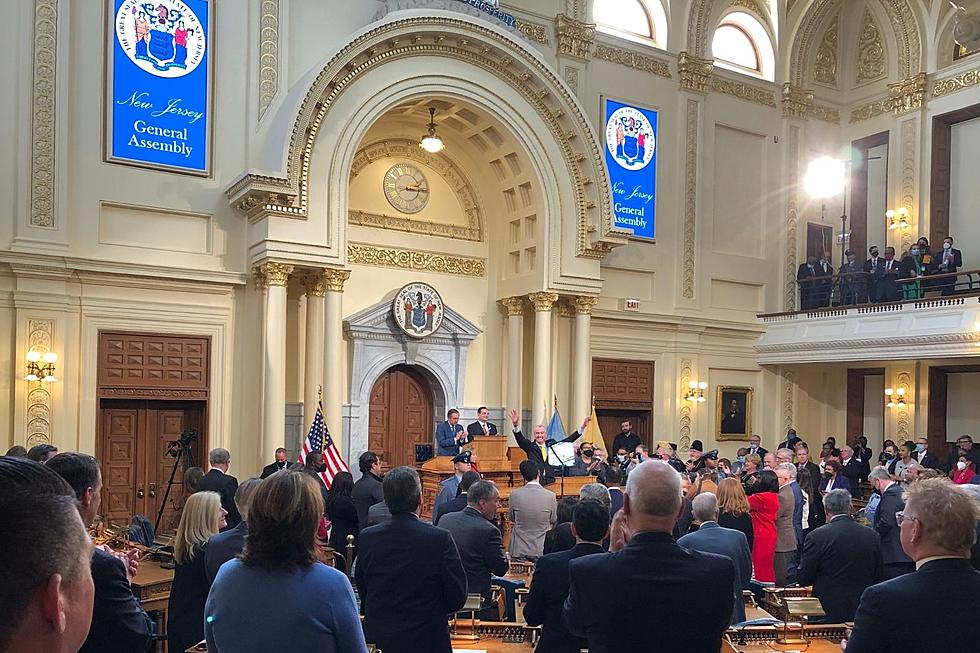
Arizona Abortion Restrictions to Remain Blocked
SAN FRANCISCO (AP) -- The nation's strictest rules on the use of abortion drugs are likely to be struck down and will continue to be blocked while a lawsuit against them plays out, a federal appeals court ruled Tuesday.
A unanimous three-judge panel of the 9th U.S. Circuit Court of Appeals ruled the Arizona regulations appear to be an unconstitutional "undue burden on a woman's right to abortion" and kept in place its injunction on them. The decision reverses a lower court ruling that found the rules legal.
Planned Parenthood Arizona and the Tucson Women's Center are challenging the regulations, which would ban women from taking the most common abortion-inducing drug - RU-486 - after the seventh week of pregnancy. Women had been allowed to take the abortion pill through nine weeks of pregnancy.
The rules also require that the drug be administered only at the FDA-approved dosage and that both doses be taken at a clinic. The usual dosage is lower, and it's normally taken at home, decreasing the cost and chance of complications.
The 9th Circuit rejected Arizona's arguments that the new restrictions were passed to protect women's health and designed to comply with FDA-approved use.
Judge William Fletcher, writing for the 9th Circuit panel, said the FDA "encourages" so-called off-label use of RU-486, formally mifepristone, which is most often administered in lower doses than the approved label directs.
"Arizona has presented no evidence whatsoever that the law furthers any interest in women's health," Fletcher wrote.
Andrew Wilder, spokeswoman for Republican Arizona Gov. Jan Brewer, said the state intends to keep fighting to get the law implemented. Brewer is a staunch opponent of abortion.
"The state will continue to litigate the case in District Court," Wilder said.
Planned Parenthood Arizona says the rules would force hundreds of women to undergo a surgical abortion while also placing a financial burden on women who live far from an abortion clinic. Planned Parenthood says the higher dose also exposes women to unnecessary side effects.
But Arizona's attorneys say the rules are meant to protect women's health by mandating that drugs be used according to FDA-approved protocol. They say women will still have access to alternative types of abortions in Arizona.
The Center for Reproductive Rights, which argued the case for the abortion providers, hailed the ruling.
"This law was never more than another backdoor attempt to restrict women's constitutional right to decide for themselves whether to end a pregnancy, and to cut off access to health care options recommended by the doctors women trust and rely on," Nancy Northup, the center's president and CEO, said in a statement.
The Legislature approved the rules in 2012, and Brewer signed them into law.
A federal judge in Tucson, where the case against them is being heard, declined to temporarily block the rules a day before they were to take effect in April. U.S. District Judge David C. Bury said in his ruling that although the new rules will make it more difficult for some women, they aren't obstacles big enough to show they should be blocked.
The 9th Circuit ordered Bury to reverse his ruling and block the rules while considering Planned Parenthood's lawsuit.
The abortion drug restriction bill was one of many pushed in recent years by the Center for Arizona Policy, a conservative group. Two of its abortion restriction laws - a ban on Medicaid money for any of Planned Parenthood's nonabortion services and a ban on abortion after 20 weeks - previously were blocked by federal courts.
Josh Kredit, legal counsel for the group, called the ruling "just another example that the 9th Circuit is out of step with other courts." Appeals courts in two other federal circuits - the fifth and sixth - have upheld similar restrictions, he said.
"The law will not be in effect, but we will live to fight another day and hopefully it will be appealed to the Supreme Court," Kredit said.
David Brown, an attorney for the Center for Reproductive Rights, acknowledged that federal courts have split on the issue, but said state courts have blocked laws in two states, making it 3 to 2 against medication abortion restrictions.
More From New Jersey 101.5 FM









